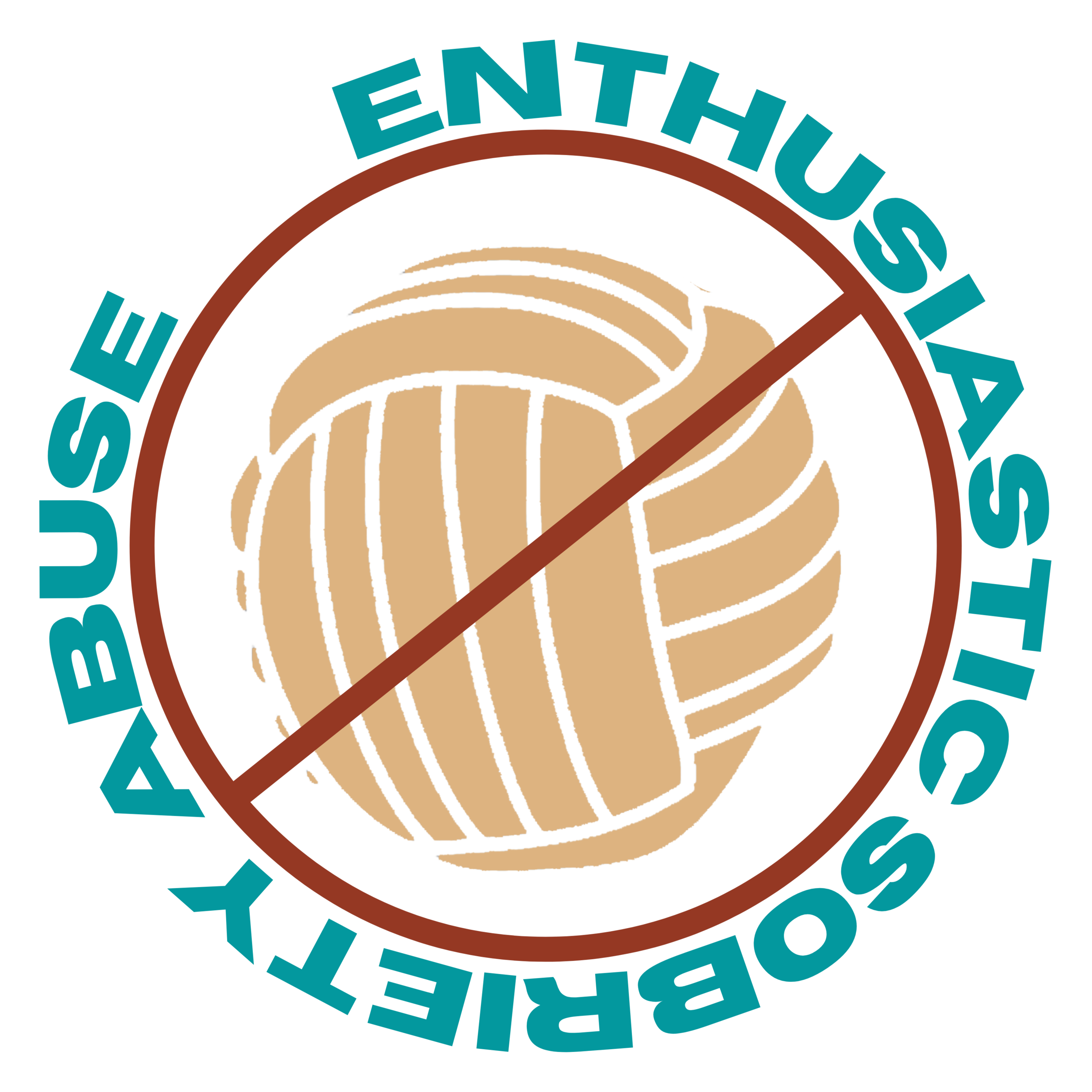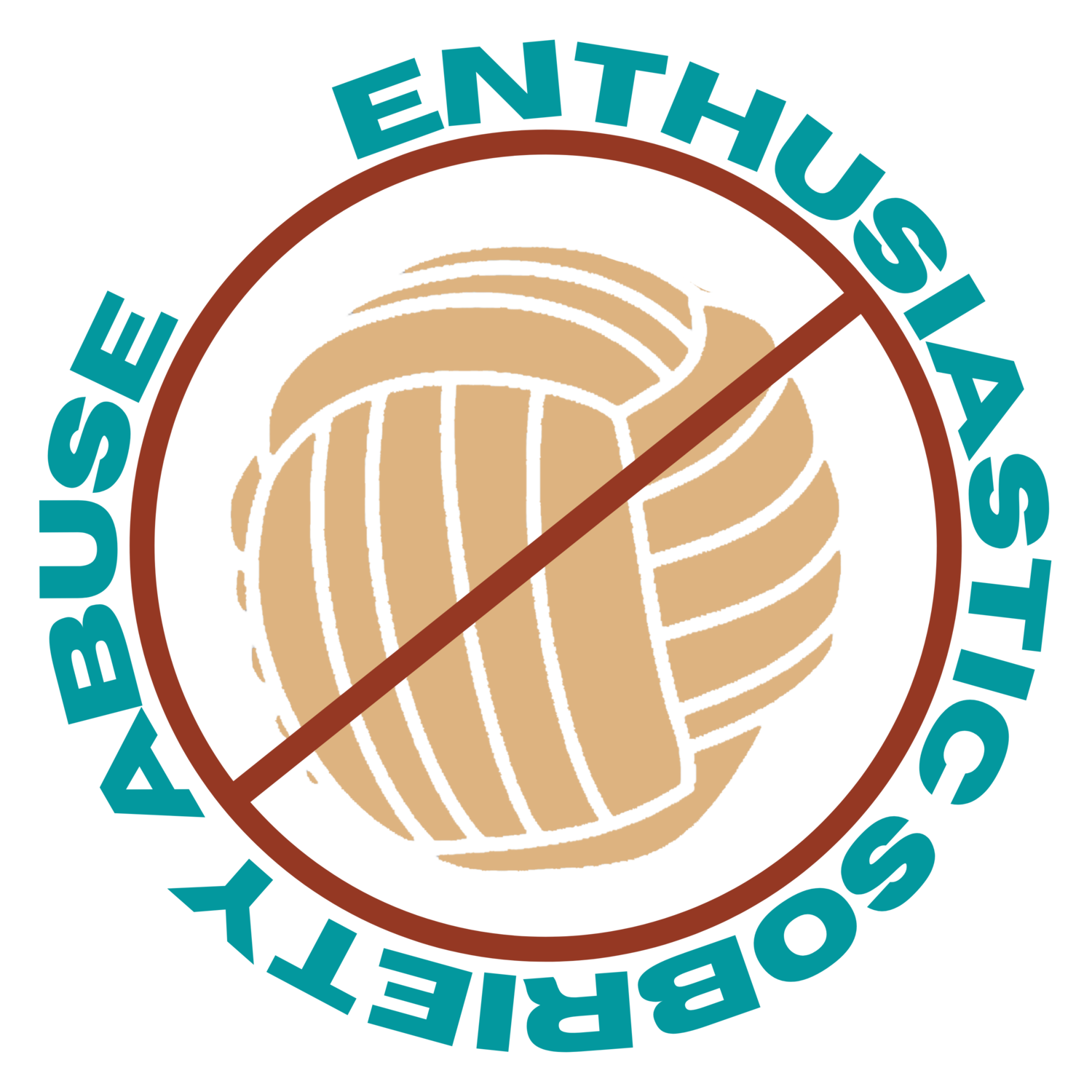
Enthusiastic Sobriety Survivors with Chronic Illness

-

Find a Chronic Illness Therapist
Chronic illness is a lot to manage, and may greatly impact a person’s mental health. Managing symptoms, treatment options and side effects, and changes in functioning may cause significant stress. Each person and each illness will have their own stresses, and therefore, impacts on mental health. Anxiety and depression are two common mental health issues associated with chronic illness.
For some people with both chronic illness and mental health disorders, self-help options for education and developing specialized coping strategies are enough. For many people, professional assistance (in-person or via teletherapy) or peer support networks are the most effective way to find relief.
-

Chronic Illness & Mental Health
When someone is diagnosed with a chronic illness, a lot may change. Depending on the diagnosis and how severe it is, you may experience changes in your lifestyle, level of physical functioning, and even find that your role in your family and community changes, too. You also must deal with the stress of learning how to manage your illness, with the knowledge that it may exist for the rest of your life.
Individuals with chronic medical conditions have a higher risk of developing depression than otherwise-healthy people. Those who have co-occurring depression and chronic illness are also likely to have more severe symptoms of both illnesses, increased difficulty adapting, and higher medical costs than those who have chronic illness without depression
-

Supporting Teens with Chronic Illness
Teens with chronic conditions are often models of resilience, because they have opportunities to witness and experience strength in the face of adversity. They learn about the things that really matter, including having a supportive family. These lessons last a lifetime. At the same time, young people living with a chronic illness face many challenges. For example, having to make complex medical and disease management decisions at a young age. Too often, adolescents with chronic diseases have so much going on that parents step in and make decisions for them. While intentions may be good, this can compromise development by taking away control and stifling their need for independence. And it may undermine their growing ability to make thoughtful decisions on their own.
The Cornerstone Program Survivor
Staff literally said there was no link between smoking and lung cancer. Like they literally told youth that daily. And anytime anyone turned down a cigarette for fear of health ramifications, he'd condescendingly mock them and insist that "scientifically a correlation doesn't exist." As though we're the fucking idiots
Staff encouraged cigarette smoking a LOT!! I noticed a lot of non-smokers were pressured to start smoking. And anytime anyone expressed a desire to quit, Staff shamed and mocked them! Kids that had never smoked cigarettes before joined The Group, but within a month they were smoking a half a pack a day.
How to Be a Patient After You’ve Been in a Cult
Ex-members have to be trained to accept that they, not someone else, are in charge of their own bodies, minds and health, because the cult takes away all that responsibility. They’re given back the reins to their lives, and that can be very confusing and alarming.
For many ex-members, going to the doctor isn’t merely another to-do item. It’s a frightening or even traumatizing ordeal, but an ordeal that’s nonetheless necessary, particularly for ex-members of cults that withhold or delay medical care. There are both religious and non-religious cults that use denial of care or persuasion against seeking care as a way to isolate members from the outside world. Cults often teach members that all basic needs, including the need for healthcare, are met by the cult’s practices. Alleged paths to healing might include prayer (i.e., faith healing), meditation, extreme diets or mystical rituals. To seek outside help is to betray the cult and reject its belief system.
Cult aftercare, involves compensating for neglect and tending to the physical and mental effects of cult practices, such as ailments brought about by outlandish, unbalanced diets, injuries incurred during devotional tests and open psychological wounds left over from mind control.
One obstacle keeping ex-members away from exam rooms and fainting couches is mistrust. Most cult members are trained to be wary of authority figures. As a result, they’re often resistant to modern medicine but receptive to quackery, making them easy targets for bunk healing fads.
Chronic Illness Support Groups
-

Center for Chronic Illness
CCI promotes well-being and decreases isolation for those impacted by chronic illness through support and education.
Living with chronic illness brings many challenges, which can leave you feeling overwhelmed and isolated. Our support groups are designed to provide a safe space to meet others impacted by ongoing health challenges. Licensed mental health professionals facilitate all of our groups. These professionals offer guidance and structure, helping you get the most out of your group meetings.
-

Pain Connection
The U.S. Pain Foundation is the largest 501(c)(3) nonprofit organization dedicated to chronic pain. The mission of U.S. Pain is to empower, educate, connect, and advocate for people living with chronic conditions that cause pain.
Pain Connection offers support groups trainings, specialized classes, and a newsletter. Additionally, Pain Connection offers 19 face-to-face support groups across the country, and for those who are unable to leave their home due to disabling pain, also runs call-in support meetings several times per month.
-

Chronic Pain Anonymous
Chronic Pain Anonymous (CPA) is a fellowship of men and women from all walks of life who live with chronic pain and chronic illness. The members come together to share their experience, strength, and hope, and to support each other. They learn how to discover serenity and a meaningful life while living with the disabling effects of their physical health conditions. The only requirement for membership is a desire to recover from the emotional and spiritual debilitation of chronic pain and chronic illness. There are no dues or fees for CPA membership.
Pathway Director Survivor.
We were rarely allowed to seek medical attention and not allowed to have medical insurance as it was “living in fear” I witnessed Bob and Joy tell people that asthma was caused by one’s mother. You could not use an inhaler. You could not use insulin. You could not have an allergy. Bob and Joy advised someone who had hepatitis C to not seek medical attention and told him it was a spiritual condition. He eventually went into liver failure and died. Bob and Joy and Wendy and Clint Stonebraker then accused him of getting high. For months after he died they made fun of him. Clint was witnessed at a staff function ash-ing a cigarette into an ashtray while stating it was the person’s ashes. This person had a wife and 2 young kids. The wife and kids were promptly kicked out after the death.
And one more thing about medical insurance. Once when I was at Bob and Joy’s house, I saw a bill for health insurance. They had it, but no one else could. There are many stories of people experiencing these beliefs and pressure. The worst are when someone dies as a result. I also witnessed a staff member who developed lung cancer and was told by Bob and Joy that it was a lack of being spiritual and doctors don’t know shit about spirituality. That person didn’t get proper medical attention and died a miserable death with no pain medication or treatment.
Enthusiastic Sobriety Programs get their medical beliefs from Louise Hay
The “magical thinking” of Enthusiastic Sobriety Programs stem from Bob’s wife, Joy Meehan.
Joy’s personal beliefs and adoration of Louise Hay permeated the Group culture - and directly influenced Staff.
Most of the fundamentals of Enthusiastic Sobriety programs, like “No Victims, Only Volunteers” are derived from Louise Hay’s pseudo-science spirituality.
Louise Hay was best known for her 1984 book, You Can Heal Your Life, in which she ascribed physical diseases and syndromes to lack of self-love and other psychological causes.
You had to take responsibility for your “dis-ease,” as Hay dubbed it, because you caused it. And if you dealt with your “dis-ease,” you could cure your illness.

Fear, Fraud and ‘Fun Felonies’
February 3rd, 2021 - By Ian McDowell with YES! Weekly
Teens are forbidden to take prescribed medication, both for physical and mental health, and are prevented from seeing doctors or other certified and licensed healthcare providers.
Blake Strider also said that Insight prevented them from taking medication for their immune deficiency.
“When I was in Step One, I was forbidden from taking it by Matt Meyer, who said I couldn’t have medical equipment in the house, and nobody from outside the program could enter the Step One house, so I couldn’t have a nurse come in and administer it, either.”
“I left the program because I was refused treatment and told I was just being a victim,” said Strider.
Share Your Story
Share your story to help other survivors feel heard, seen and understood. We aim to expose the consistent patterns of abuses in Enthusiastic Sobriety Programs and prevent potential families from years of suffering from undue influence and abuse. These survivor testimonies can be submitted anonymously by former group members, staff and parents.











